简体中文
繁體中文
English
Pусский
日本語
ภาษาไทย
Tiếng Việt
Bahasa Indonesia
Español
हिन्दी
Filippiiniläinen
Français
Deutsch
Português
Türkçe
한국어
العربية
Forex Trading Scams in Europe
Abstract:The foreign exchange (forex) market is the world's largest and most liquid financial market. With a daily trading volume of over $5 trillion, it offers ample opportunities for investors to profit from currency movements. However, this also makes it an attractive target for scammers who prey on unsuspecting traders. In this article, we'll explore some of the biggest forex trading scams in European markets and how to avoid them.
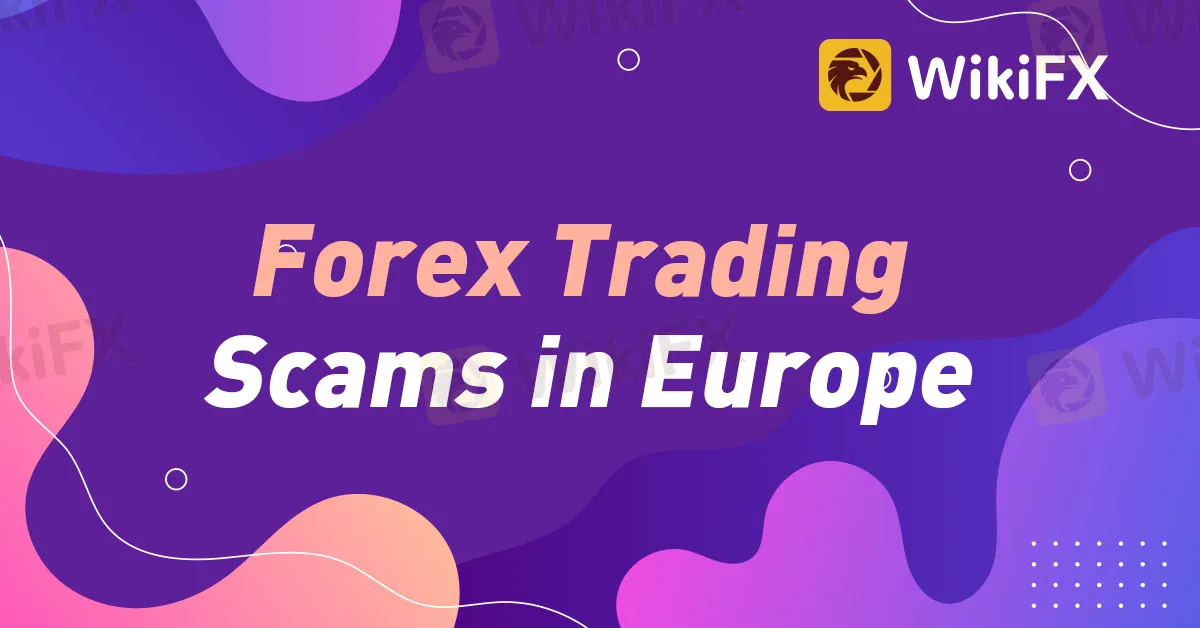
The foreign exchange (forex) market is the world's largest and most liquid financial market. With a daily trading volume of over $5 trillion, it offers ample opportunities for investors to profit from currency movements. However, this also makes it an attractive target for scammers who prey on unsuspecting traders. In this article, we'll explore some of the biggest forex trading scams in European markets and how to avoid them.
Ponzi schemes
Ponzi schemes are investment scams that promise high returns with little or no risk. They rely on new investors to pay returns to earlier investors, and eventually collapse when there are no more new investors. Forex Ponzi schemes typically target individuals with little knowledge of the market and promise guaranteed returns in a short period. The most infamous forex Ponzi scheme in Europe was the FX World Express scheme, which defrauded investors of over $100 million.
Signal sellers
Signal sellers are individuals or companies that offer to sell trading signals or strategies that promise to make investors profitable. They may use fake testimonials, backtested results, and manipulated performance data to convince traders to buy their services. However, most signal sellers don't actually trade in the markets themselves and rely on commissions from their sales. This makes it difficult to verify their claims and often results in traders losing money.
Fake brokers
Fake brokers are unregulated or fraudulent brokers that deceive traders into depositing funds with them. They often use fake registration details, offer unrealistic bonuses or leverage, and manipulate trading conditions to make it impossible for traders to make a profit. Once traders deposit funds, fake brokers will either stop responding to their inquiries or refuse to return their funds. The most notorious fake broker in Europe was the Israeli-based 4XP, which was shut down by regulators in 2013.
Forex robots
Forex robots are automated trading systems that promise to make traders profitable with little or no effort. They rely on algorithms and mathematical models to identify trading opportunities and execute trades. However, most forex robots are scams that use fake testimonials and manipulated performance data to lure investors. They also often require traders to deposit funds with a specific broker, which may be affiliated with the robot's creators.
To protect yourself from forex scams, it's essential to do your due diligence before investing in any trading opportunity. Always check if the broker is regulated by a reputable authority, such as the Financial Conduct Authority (FCA) in the UK or the European Securities and Markets Authority (ESMA). You can also use online resources, such as WikiFX, to check if the broker has a history of scamming investors.
WikiFX is a leading forex broker review platform that provides comprehensive information about forex brokers around the world. It uses a proprietary rating system to evaluate brokers based on their regulation, trading conditions, and reputation. It also has a blacklist of brokers that have a history of scamming investors. You can visit their website at https://www.wikifx.com/eu_en/ to find out more about how they can help you avoid forex scams.
In conclusion, forex trading scams are a real threat to investors in European markets. They can come in various forms, from Ponzi schemes to fake brokers and robots. To protect yourself, it's crucial to do your research and only invest with reputable brokers that are regulated by reputable authorities. By using resources such as WikiFX, you can minimize your risk of falling victim to forex scams and increase your chances of profiting from the forex market.
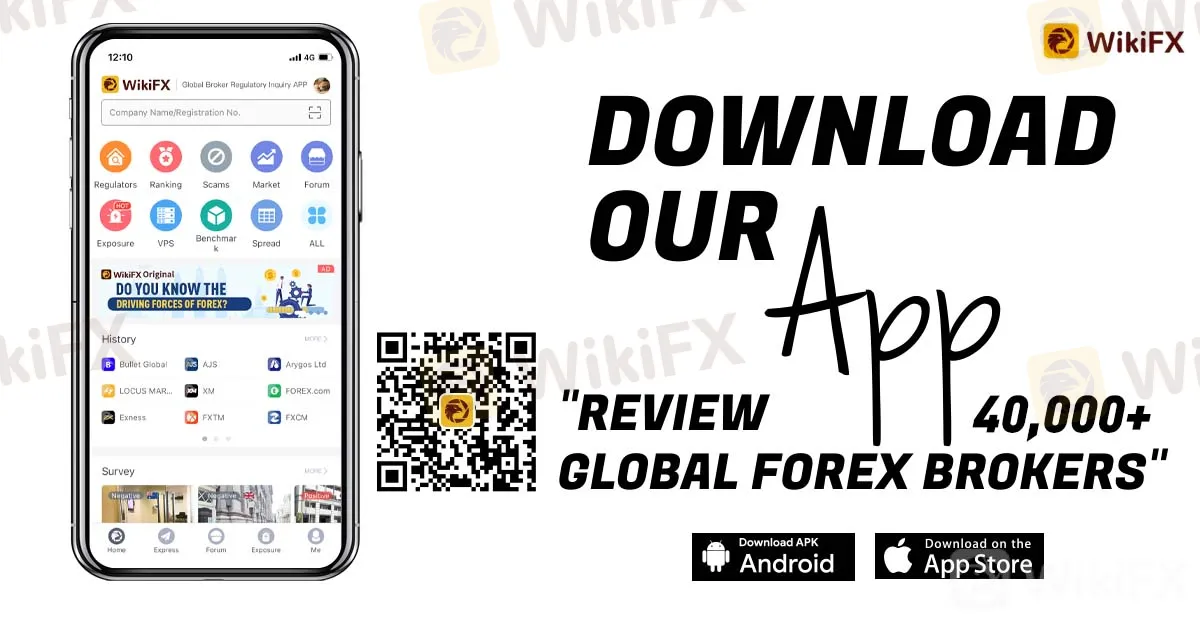
Disclaimer:
The views in this article only represent the author's personal views, and do not constitute investment advice on this platform. This platform does not guarantee the accuracy, completeness and timeliness of the information in the article, and will not be liable for any loss caused by the use of or reliance on the information in the article.
Read more
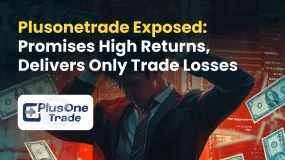
Plusonetrade Exposed: Promises High Returns, Delivers Only Trade Losses
Do you feel that Plusonetrade only makes you deposit with high-return promises? Does it deny withdrawals or allow you to take away just the principal amount? Have you been witnessing a lack of customer support to address your withdrawal queries at this forex broker? You have unfortunately trusted a fake broker that is operating without a valid license. The scams are obvious as traders are vehemently opposing the foul play committed by Plusonetrade on broker review platforms.
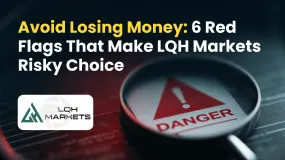
Avoid Losing Money: 6 Red Flags That Make LQH Markets Risky Choice
The only true way to protect your hard-earned money in the forex market is by staying informed and alert. With the growing number of fraudulent brokers, this dynamic and tempting market has become increasingly risky. Awareness is your best defense. This article serves as another important scam alert, to help you stay safe and avoid losing your money.
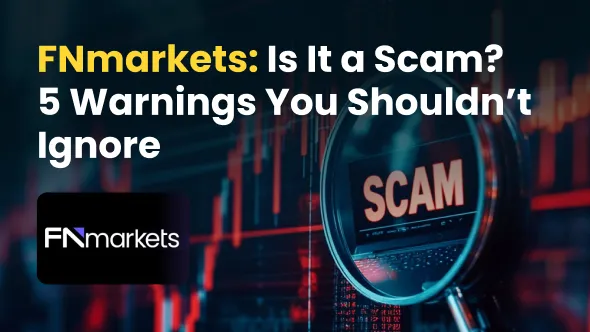
FNmarkets: Is It a Scam? 5 Warnings You Shouldn’t Ignore
"FN Markets is a scam broker." You might come across this statement on many websites, but in this article, we’ll highlight the key red flags that show why this broker is considered a scam.
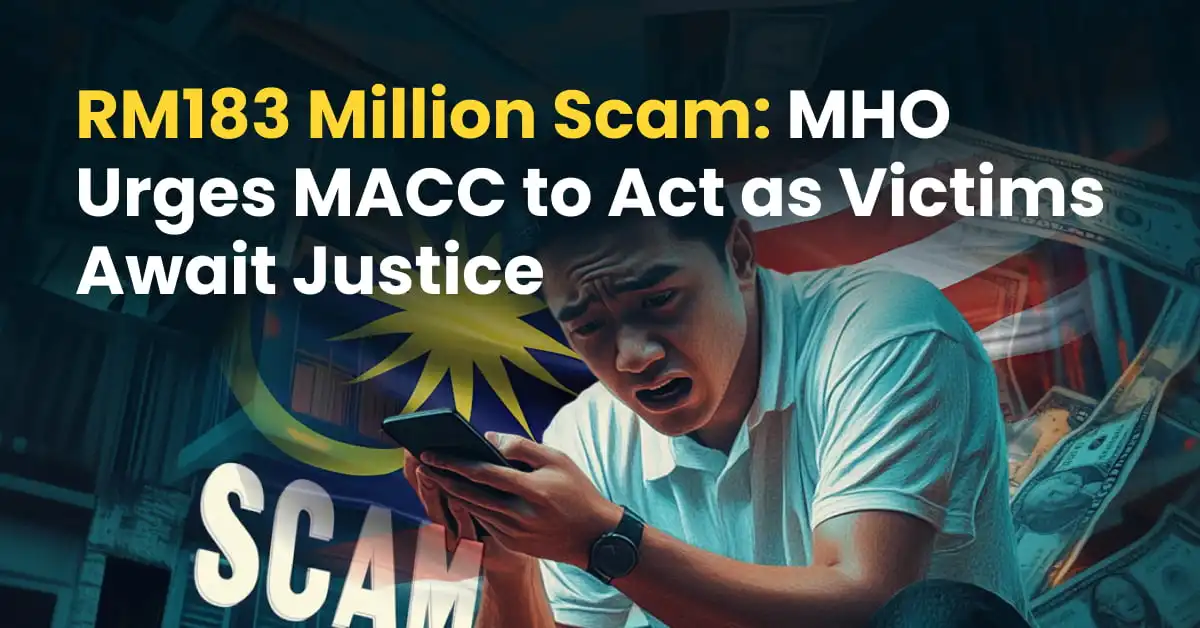
RM183 Million Scam: MHO Urges MACC to Act as Victims Await Justice
The Malaysia International Humanitarian Organisation (MHO) has called on the Malaysian Anti-Corruption Commission (MACC) to open a formal investigation into an alleged investment scam that has reportedly caused losses of approximately RM183 million
WikiFX Broker
Latest News
XS.com Broker Partnership Expands Liquidity with Centroid Integration
EC Markets: A Closer Look at Its Licenses
Housewife Scammed of RM68,242 in Online Investment Scam
ASIC Regulated Forex Brokers: Why Licensing Still Matters in 2025
From Charts to Profits: Unleashing the Power of Forex Trading Tools
FCA Publishes New Warning List! Check It Now to Stay Safe
Forex Hedging Strategies - Calming You Amid Market Chaos
LSEG Announces £1 Billion Share Buyback Program
Ultima Markets enters the UK and gains the FCA license
SEC Lawsuit Targets Real Estate Fraud Scheme by Joseph Nantomah
Currency Calculator


